- 4417
- 1
Sharing Ideas and Updates on LPG in Nigeria and related information to enable effective collaboration within the LPG Value Chain
The High Cost Of LPG In Ikorodu And Ijede
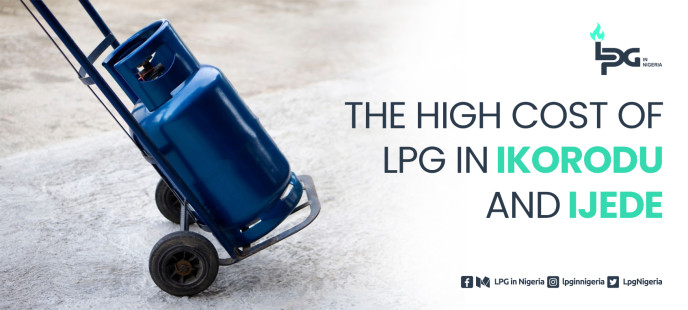
In recent times, residents in the Ikorodu and Ijede axis of Lagos State have been revisiting traditional cooking methods, notably the use of charcoal and firewood, as alternatives to cooking gas. This shift is largely attributed to the soaring prices of Liquefied Petroleum Gas (LPG), commonly known as cooking gas, in the area. While LPG was once heralded as a cleaner and more convenient fuel for cooking, its rising cost has prompted many households to revert to age-old methods of cooking.
The High Cost of LPG
The price of LPG has witnessed a steady increase over the past months, making it unaffordable for many residents in Ikorodu and Ijede. Factors contributing to this surge in prices include global market fluctuations, supply chain disruptions, and increased transportation costs. As a result, the average household now finds it challenging to budget for cooking gas, which was once considered a cost-effective and efficient fuel option.
Reverting to Traditional Fuels
With the high cost of LPG making it less accessible, many residents have turned to charcoal and firewood as their primary cooking fuels. These traditional fuels, although cheaper than LPG, come with their own set of challenges, including environmental concerns and health risks associated with indoor air pollution. However, for many families struggling to make ends meet, the immediate cost savings often outweigh these long-term considerations.
Impact on Local Sellers
The shift back to charcoal and firewood has had a significant impact on local sellers of cooking gas in Ikorodu and Ijede. Faced with dwindling demand and stiff competition from traditional fuels, many LPG retailers have been forced to reduce their prices in a bid to retain customers. This price reduction, however, often comes at a considerable loss to the sellers, as they struggle to cover their costs and maintain profitability.
The Dilemma for Consumers and Sellers
While the reduced prices may seem like a boon for consumers, it's a double-edged sword for both buyers and sellers. For consumers, the affordability of charcoal and firewood may provide temporary relief from high cooking gas prices, but it also means exposing themselves to the associated health and environmental risks. On the other hand, for LPG sellers, selling the product at reduced prices often translates to operating at a loss, putting their businesses at risk.
Conclusion
The high cost of LPG in Ikorodu and Ijede has undoubtedly reshaped the cooking fuel landscape in the area, leading to a resurgence in the use of charcoal and traditional fuels. While these alternatives offer immediate cost savings for residents, they also come with their own set of challenges and risks. As the community navigates this complex issue, finding a sustainable solution that balances affordability, accessibility, and environmental responsibility remains a pressing concern.
As both consumers and sellers grapple with this dilemma, it's crucial for stakeholders, including government agencies, energy providers, and community leaders, to come together and explore innovative strategies to make cooking gas more affordable and accessible for all residents. Only through collaborative efforts and thoughtful interventions can we hope to address the underlying issues driving the return to charcoal and ensure a brighter, cleaner future for Ikorodu and Ijede.





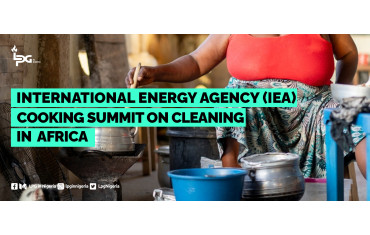

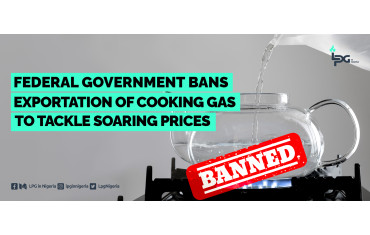
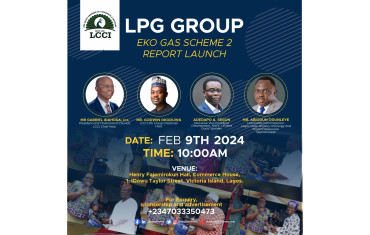
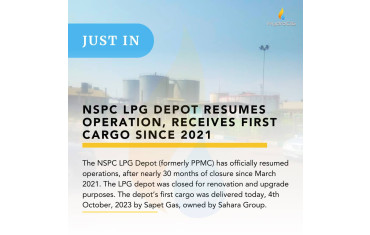
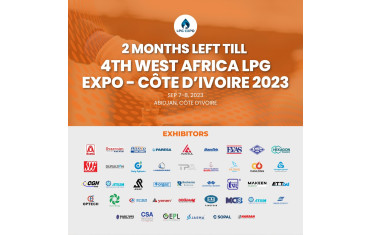
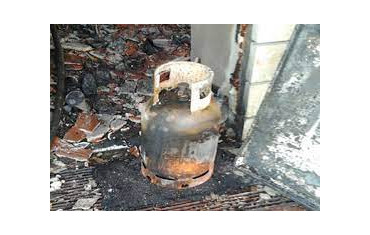

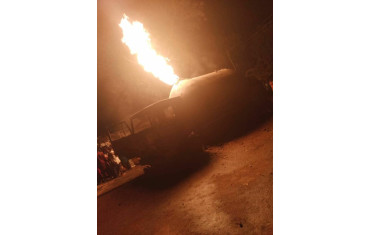


Sarah Omoruyi
27 July 2024 - 11:38amCaptivating article
Reply